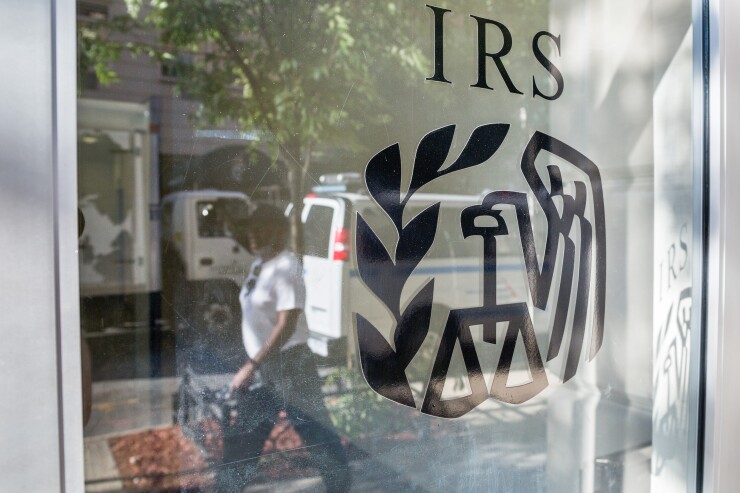When you’re open for a slam dunk, you dunk it. And while dunking a basketball might not normally be associated with financial advisors, the next couple of months might be the closest many will ever get to it.
Yet, when I ask my colleagues in wealth management about a significant retirement planning benefit that came out of the Coronavirus Aid, Relief, and Economic Security Act (CARES Act) it sounds like they’re simply standing with the ball while the shot clock is about to expire.
There’s a significant opportunity for advisors to help their non-business clients, earn some new ones, and position themselves as legitimate experts in their field that can be taken advantage of right now—in fact, they only have until the end of the year to do so.
Here’s what you need to know:
What it means for 401(k) plans
The benefit comes from
Now, this may apply to 403(b) investment plans as well as some employer sponsored IRAs, but 401(k) plans are by far the most popular type of employer retirement plan.
Under Section 2202, qualified individuals are eligible for benefits on up to $100,000 of 401(k) distributions. Those benefits include:
● Waiver of 10% additional tax on early distributions
● Spread reporting the distribution as income over three years instead of the year of distribution
● Repay the distribution over the next three years and receive a refund for taxes paid on the distribution during that time period
● Roll 401(k) funds into a private IRA or Roth IRA with no penalties
Who’s eligible
One reason advisors have been shy to utilize this benefit is because Section 2202 requires qualified individuals be financially impacted by the coronavirus. There may be an assumption that clients just aren’t impacted enough to qualify.
But let’s look at
● You, your spouse, or family member has been diagnosed with COVID-19 from a CDC approved test
● You’ve experienced reduced hours or reduced wages due to coronavirus
● A business you own or work for has closed or reduced hours due to coronavirus
● You or your spouse has been laid off, furloughed, or had a job offer rescinded or delayed due to coronavirus
● You can’t work or must work reduced hours due to a lack of childcare caused by coronavirus
In essence, if you or your spouse has been diagnosed with or financially impacted by COVID-19, you qualify.
And before you ask how many of your clients or potential clients this would cover, consider the fact that by some estimates at least
Why it’s a slam dunk
Section 2202 offers a way to get cash to clients who need it now and gives them the flexibility to reduce the tax burden of doing so and repay those funds once they’re able.
But beyond that it allows clients to quickly and easily diversify their investment portfolio by funneling funds into private IRAs where they have more control and more options over their investments.
They can continue to pay into their employer plans while diversifying their overall portfolio and putting their money to work for them in ways they may not have ever considered.
Bringing this opportunity to clients is not only a financial boon for them, but a slam dunk for financial planners. With very little coverage or conversation on this topic, you’ll offer them something they’re not likely to get anywhere else.
And instead of waiting for a client who’s about to retire and cash out their 401(k), you have the chance to talk to new leads who are still early in their financial planning and get them to think more holistically about their investments, with you as their guide.
You’ve got the ball, you’re under the rim, and in this case you may as well have a ladder.
Now all you have to do is dunk.






